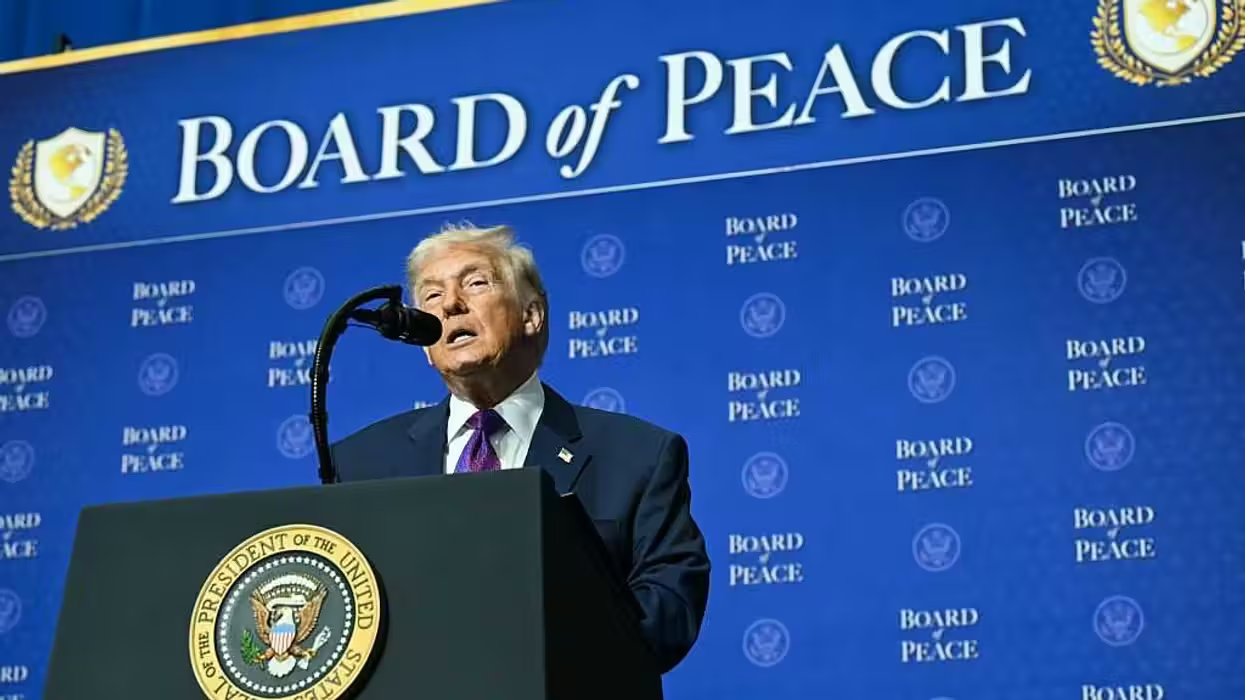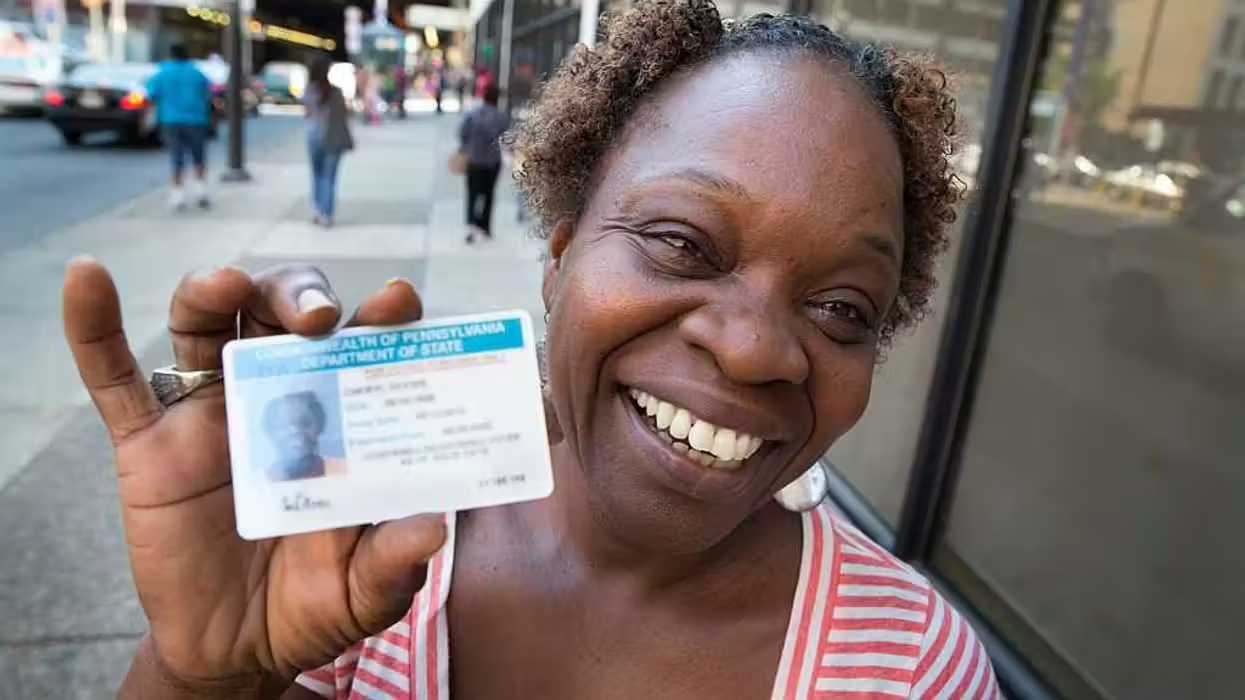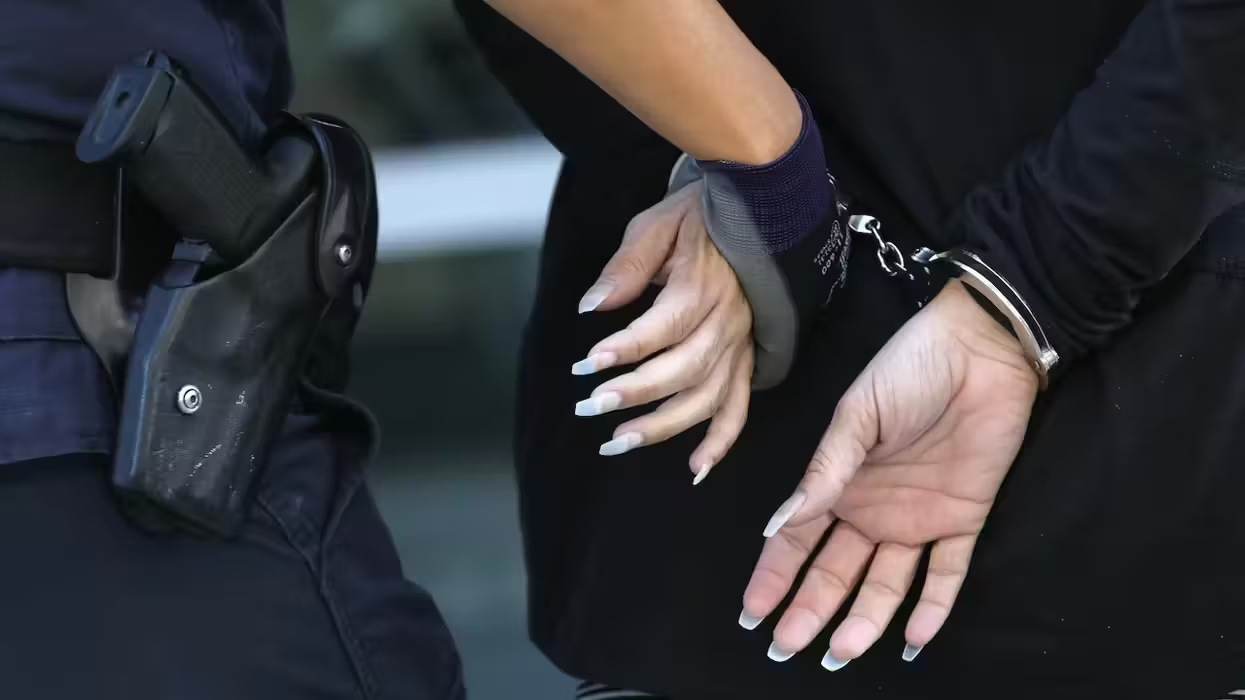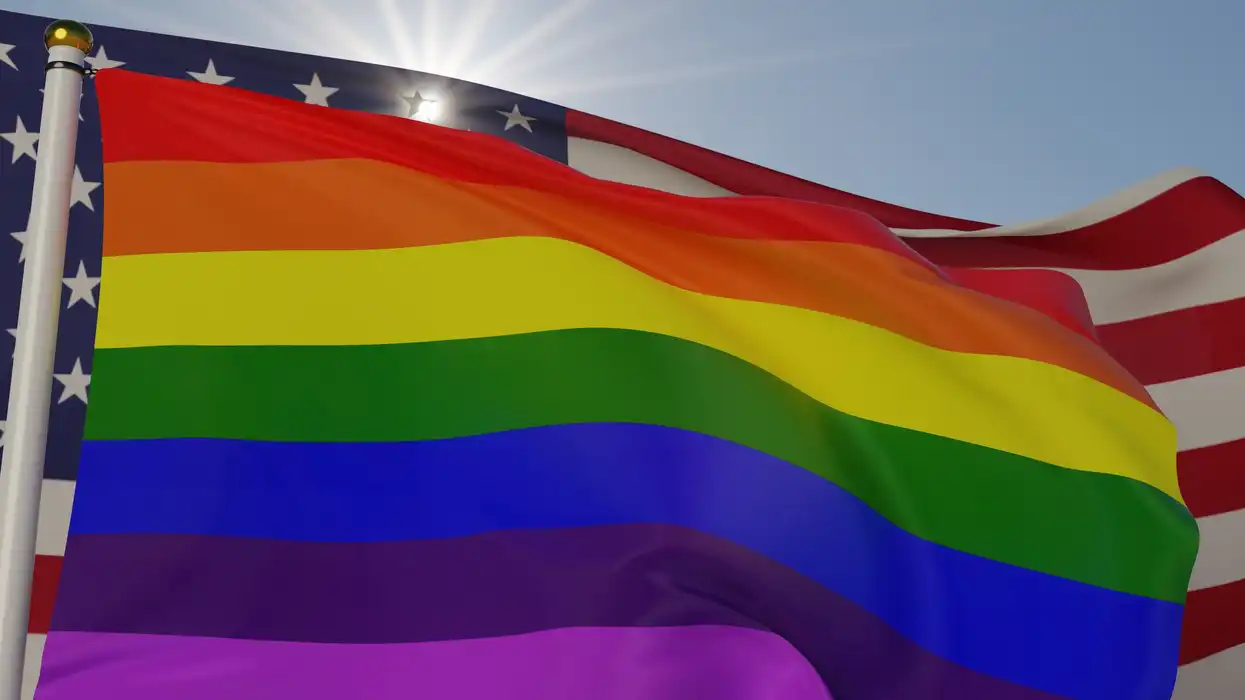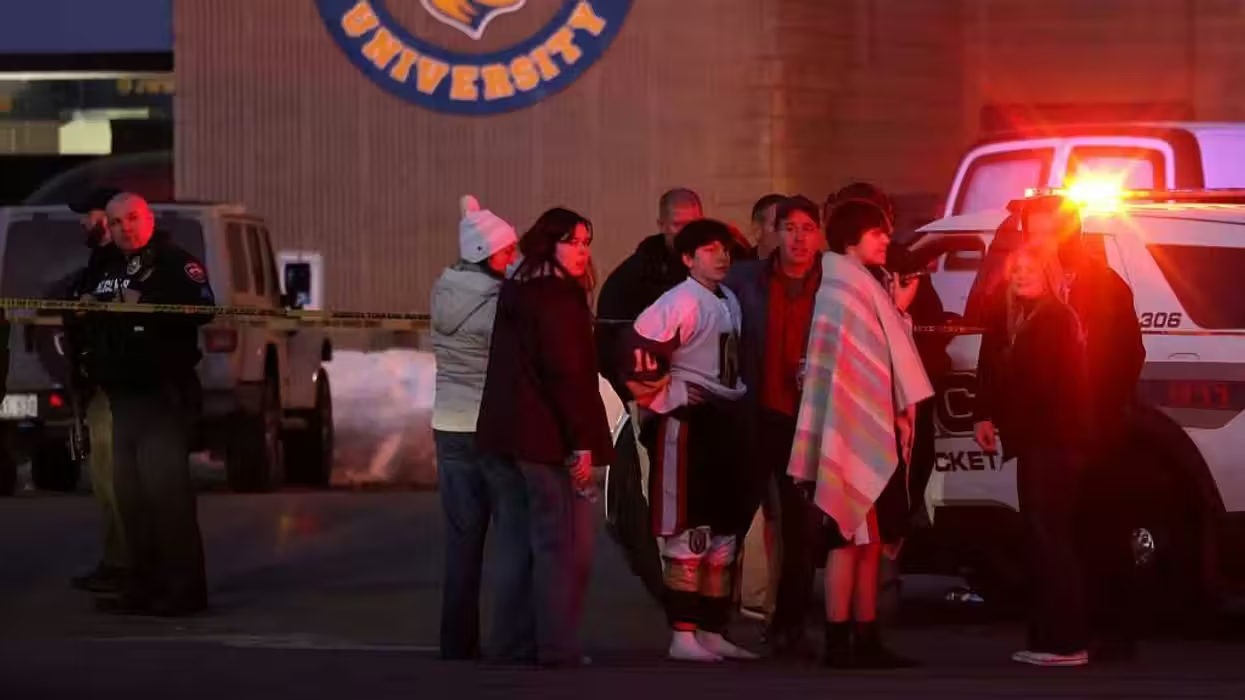© 2026 Blaze Media LLC. All rights reserved.
Defense Dept. Okays Process Allowing Cadets to Wear Hijabs for JROTC Program
December 26, 2011
“The Army prides itself in being a diverse organization..."

In October, we brought you the story of Demin Zawity, a Muslim member of the Junior ROTC member at Ravenwood High School in Brentwood, Tenn., who was not allowed to march in a program parade because she insisted on wearing her head covering, or hijab. At the time, military rules forbid such head coverings. Zawity employed the help of the Council on American-Islamic Relations (CAIR), and now, the Department of Defense has relented and changed the rules.
CAIR announced the decision late last week and says it will apply to both Muslim and Sikh students.
“We welcome the fact that Muslim and Sikh students nationwide will now be able to participate fully in JROTC leadership activities while maintaining their religious beliefs and practices,” CAIR National Executive Director Nihad Awad told the Orlando Sentinel.
Deputy Assistant Secretary of the Army Larry Stubblefield outlined the new exception procedure in a Dec. 19 letter to CAIR:
"I have been asked to respond on behalf of the Secretary of Defense Leon E. Panetta to your October 13, 2011 letter concerning Miss Demin Zawity’s request to wear a religious head covering (hijab) while participating in an Army Junior Reserve Officer Training Corps (JROTC) event at Ravenwood High School.
“Based on your concerns, the Army has reviewed its JROTC uniform policy and will develop appropriate procedures to provide Cadets the opportunity to request the wear of religious head dress, such as the turban and hijab. This change will allow Miss Zawity and other students the chance to fully participate in the JROTC program. Additionally, a representative from the U.S. Army Cadet Command will contact Miss Zawity and provide her the opportunity to rejoin the Ravenwood High School JROTC unit.
“The Army prides itself in being a diverse organization, comprised of individuals from many faiths and religions. We appreciate you bringing this matter to our attention.”
Under U.S. Army policy, full head coverings are prohibited during official uniformed ceremonies.
“I was like, you’ve got to be kidding me. I wanted to just break down crying right there,” Zawity told Nashville’s WTVF-TV at the time. “They‘re telling me I’m not allowed to march in the parade just because of a piece of cloth wrapped around my head. And to me it‘s not like it’s just a piece of cloth, to me, it’s like my symbol.”
Want to leave a tip?
We answer to you. Help keep our content free of advertisers and big tech censorship by leaving a tip today.
Want to join the conversation?
Already a subscriber?
Jonathon M. Seidl is a former managing editor of Blaze News and a best-selling author and speaker. His next book, “Confessions of a Christian Alcoholic,” will be released on October 7, 2025.
Jonathon M. Seidl
Jonathon M. Seidl is a former managing editor of Blaze News and a best-selling author and speaker. His next book, “Confessions of a Christian Alcoholic,” will be released on October 7, 2025.
more stories
Sign up for the Blaze newsletter
By signing up, you agree to our Privacy Policy and Terms of Use, and agree to receive content that may sometimes include advertisements. You may opt out at any time.
Related Content
© 2026 Blaze Media LLC. All rights reserved.
Get the stories that matter most delivered directly to your inbox.
By signing up, you agree to our Privacy Policy and Terms of Use, and agree to receive content that may sometimes include advertisements. You may opt out at any time.

